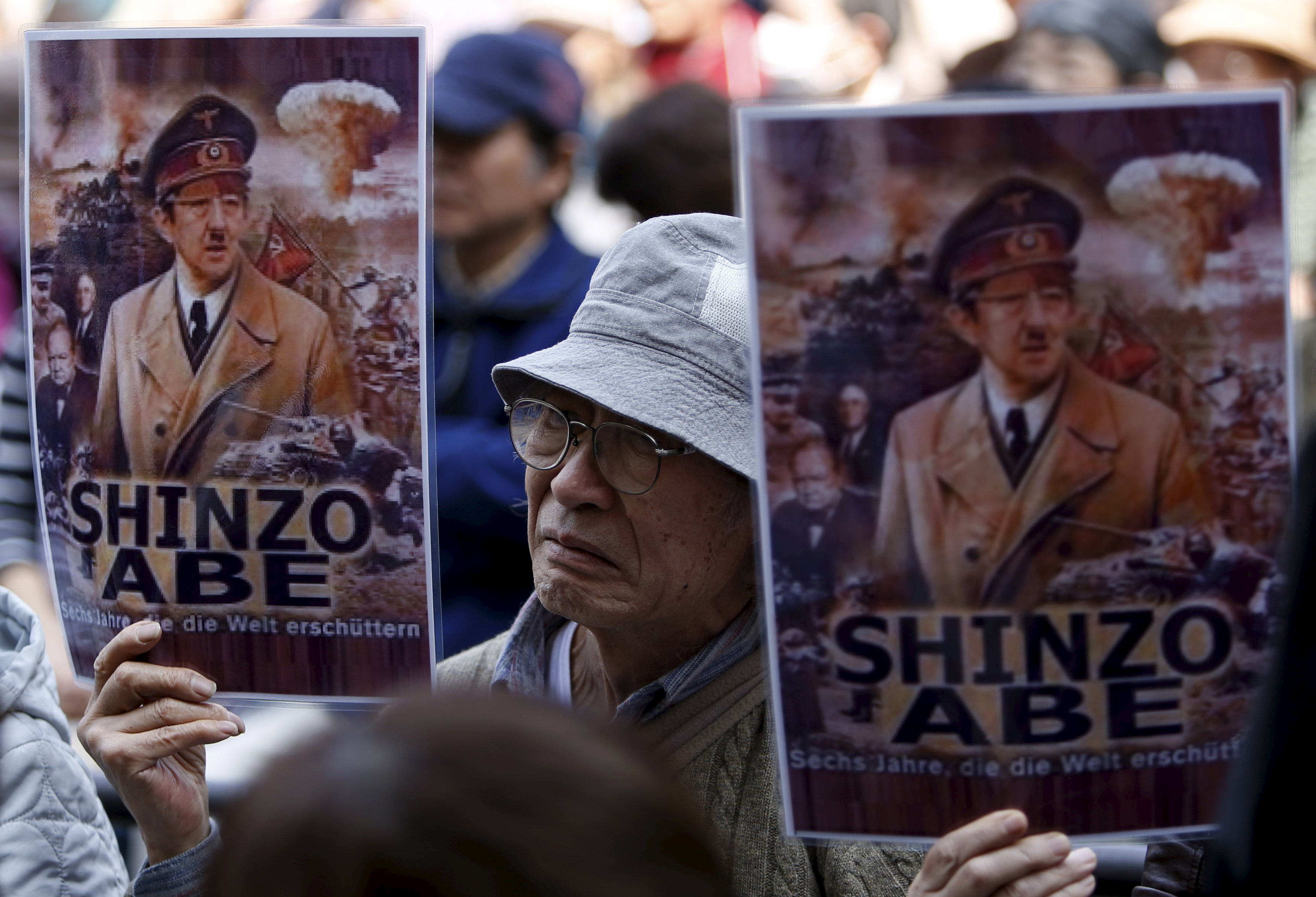In February, Reporters Without Borders published its annual list of countries ranked in terms of press freedom. Japan came in at No. 61, down two places from the previous year and lower than Taiwan (51) and South Korea (60). The reason for the decline was the state secrets act, which came into force last December and criminalizes the disclosure of classified information, whether by parties inside or outside the government.
Japan had already been falling on the list. In 2010 it was No. 11. The sudden "deterioration in trust," according to Kobe College professor Tatsuru Uchida, writing in Aera, was brought on by the "ambiguous" coverage of the March 2011 nuclear disaster and subsequent cleanup efforts. Uchida said the Japanese press did not sufficiently investigate the actions of Tokyo Electric Power Co. and the government, and as a result Reporters Without Borders assumed the country's media was under their sway.
It's easy to accept these assertions if you closely follow Japanese media, but it's difficult to find clear examples of press organs bowing to pressure from above, so when an example seems to present itself, it's news. Last weekend, the media was buzzing over the dustup on TV Asahi's "Hodo Station" between commentator Shigeaki Koga and anchor Ichiro Furutachi.

















With your current subscription plan you can comment on stories. However, before writing your first comment, please create a display name in the Profile section of your subscriber account page.